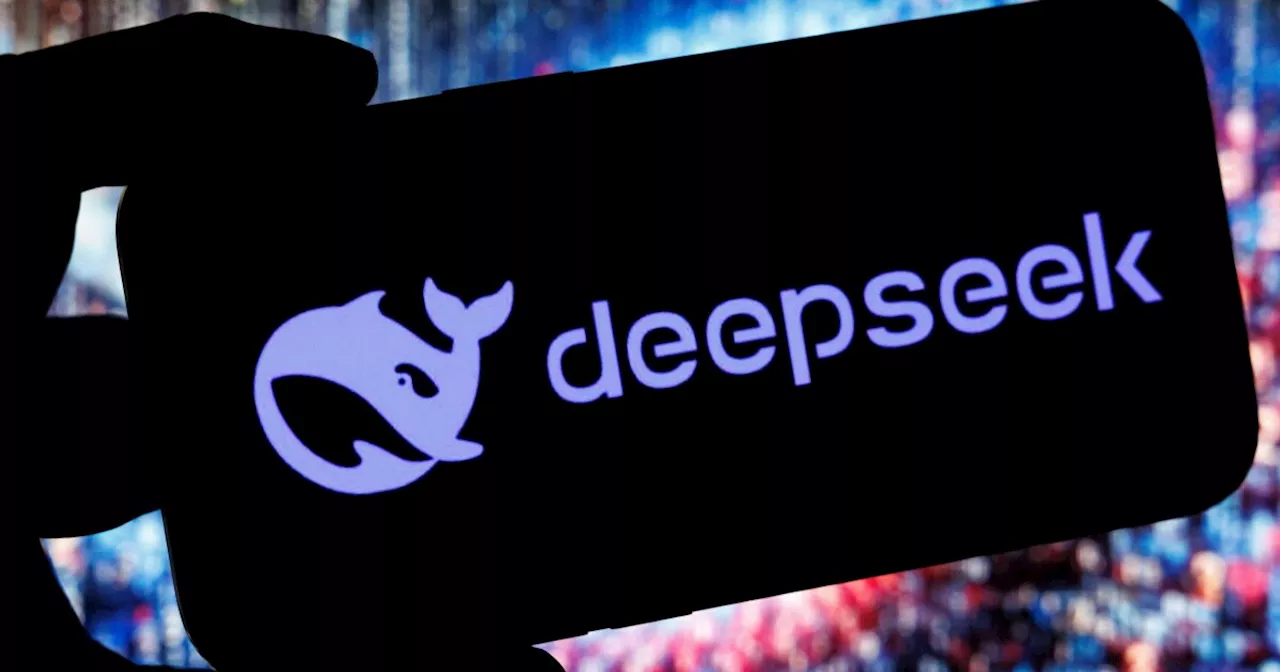A little-known Chinese startup, DeepSeek, has released an AI chatbot that rivals industry giants like OpenAI and Google, raising concerns about US tech dominance and sparking a wave of selling in tech stocks.
A DeepSeek artificial intelligence logo on a mobile phone, arranged in Riga, Latvia, on Monday, Jan. 27, 2025. Investors are buzzing after the little known Chinese startup DeepSeek released a chatbot that experts say holds its own against industry leaders, like OpenAI and Google , despite being made with less money and computing power. Buzz around DeepSeek built into a wave of concern that hammered tech stocks on Monday. It wiped almost $600 billion from chipmaker Nvidia's market value.
'This is, I think, something that has really shown to some degree how much the U.S. was living in a bubble,' said Antonia Hmaidi, a senior analyst at the Mercator Institute for China Studies in Berlin. 'OpenAI and companies like OpenAI had really bet on scaling being sort of infinite, and needing to buy more and more and more chips for performance to improve.' The company says it used a little more than 2,000 Nvidia H800 GPUs to train the bot, and it did so in a matter of weeks for $5.6 million. Others have reportedly deployed 10,000 or more GPUs, and spent upwards of $100 million. Marina Zhang, a scholar with the University of Technology Sydney, said DeepSeek has also demonstrated a new kind of innovation for China – not iterative or evolutionary, but pathbreaking. 'They're not really following existing models,' she said. 'It's basically based on algorithm optimization, using software to break through the constraints of not enough computational power.' Those constraints were imposed on China by the United States. In 2022, the Biden Administration banned the export of cutting-edge microchips to China, arguing that they could be used to enhance the Chinese military. Zhang said DeepSeek has shown that the chip blockade has not been successful so far. Beijing has been doubling down on a self-reliance drive in tech for several years, pouring money into chip development and other sectors, including AI. Gregory Allen, director of the Wadhwani AI Center at the Center for Strategic and International Studies in Washington, said DeepSeek could have acquired all its chips before the effect of the controls started to be felt. In a widely reported 2023 interview, DeepSeek founder Liang Wenfeng said the company had stockpiled some 10,000 Nvidia A100 GPUs – a variety that was put on the U.S. export control list. Experts think those may have been deployed in earlier versions of DeepSeek's model. After the chip blockade started, Nvidia developed a workaround, creating the slightly less powerful H800 GPU, which was legal to sell to China for a time. 'We are currently living through the era of the lagging impact of the Biden administration's misfire in that first batch of AI export controls,' said Allen. DeepSeek had a window in which it was able to buy H800s – before the administration eventually banned the sale of them to China, too. 'DeepSeek has discovered some architectural innovations, some algorithmic innovations that sort of increase the number of IQ points, the amount of intelligence, that a given AI model can get from a given quantity of computational resources,' he said. But AI development requires computing power, and the number of advanced GPUs that DeepSeek, or any other Chinese company, can access is limited by the export controls, he said. That will eventually bite. 'We can copy China's advantages. They cannot copy our advantages. At least not any time soon,' he said. In terms of the hype around DeepSeek developing its near-cutting-edge model on the cheap, Allen said the cost was undoubtedly far north of the reported $5.6 million. He likened it to the development of a drug. 'The cost of developing a new medication is not just the cost of the clinical trial that worked,' he said. 'It's the cost of all the clinical trials that didn't work. And it's the same with this AI model training run. DeepSeek has published how much it cost them for that final successful training run.' Hmaidi says DeepSeek is a 'very legitimate triumph of Chinese engineering'. But she says it's not yet the threat that many are making it out to be. 'I currently don't see how you get a significantly better model with their current pipeline – without more compute,' she said.
AI Deepseek China Openai Google Tech Stocks Chip Blockade Innovation
United States Latest News, United States Headlines
Similar News:You can also read news stories similar to this one that we have collected from other news sources.
 DeepSeek vs. ChatGPT: Hands On With DeepSeek’s R1 ChatbotDeekSeek’s chatbot with the R1 model is a stunning release from the Chinese startup. While it’s an innovation in training efficiency, hallucinations still run rampant.
DeepSeek vs. ChatGPT: Hands On With DeepSeek’s R1 ChatbotDeekSeek’s chatbot with the R1 model is a stunning release from the Chinese startup. While it’s an innovation in training efficiency, hallucinations still run rampant.
Read more »
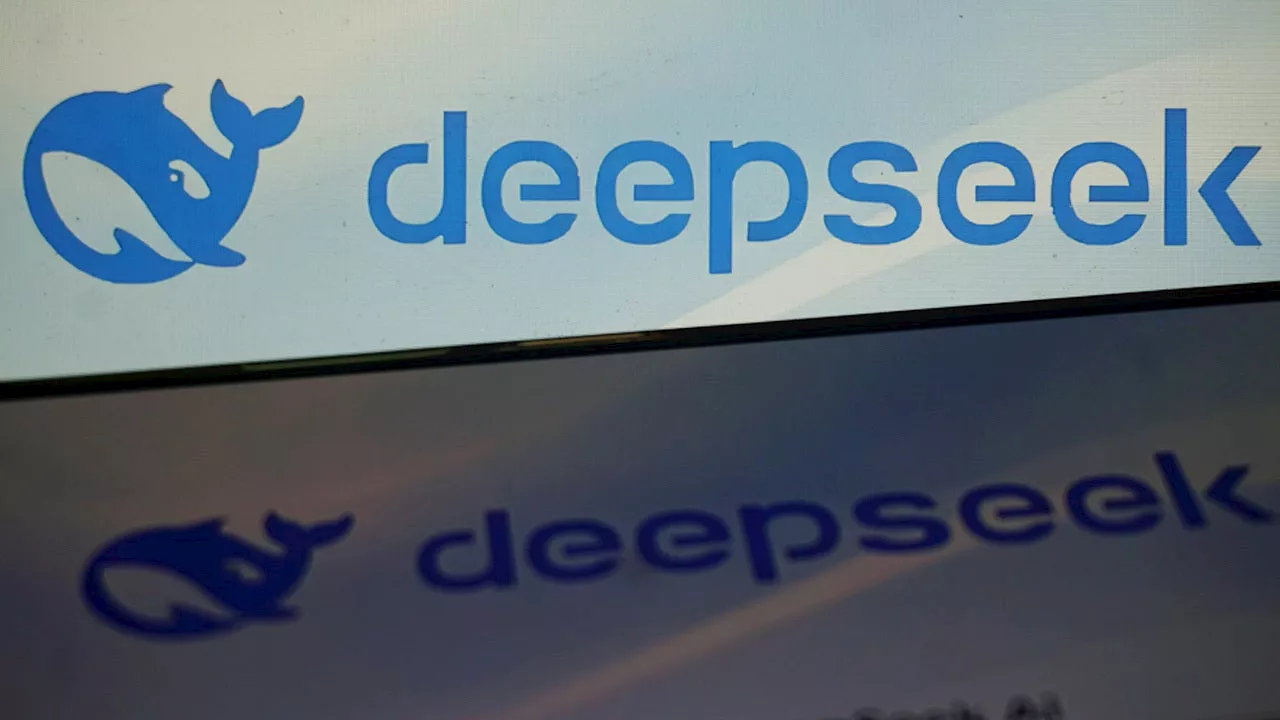 Chinese AI Startup DeepSeek Challenges US Dominance with Open-Source Model R1DeepSeek, a Chinese AI company, has developed an open-source large language model (LLM) called R1 that has quickly gained recognition for its impressive performance and cost-effectiveness. R1's rapid ascent in the AI rankings has sparked discussions about the competitive landscape in the field and the importance of open-source AI.
Chinese AI Startup DeepSeek Challenges US Dominance with Open-Source Model R1DeepSeek, a Chinese AI company, has developed an open-source large language model (LLM) called R1 that has quickly gained recognition for its impressive performance and cost-effectiveness. R1's rapid ascent in the AI rankings has sparked discussions about the competitive landscape in the field and the importance of open-source AI.
Read more »
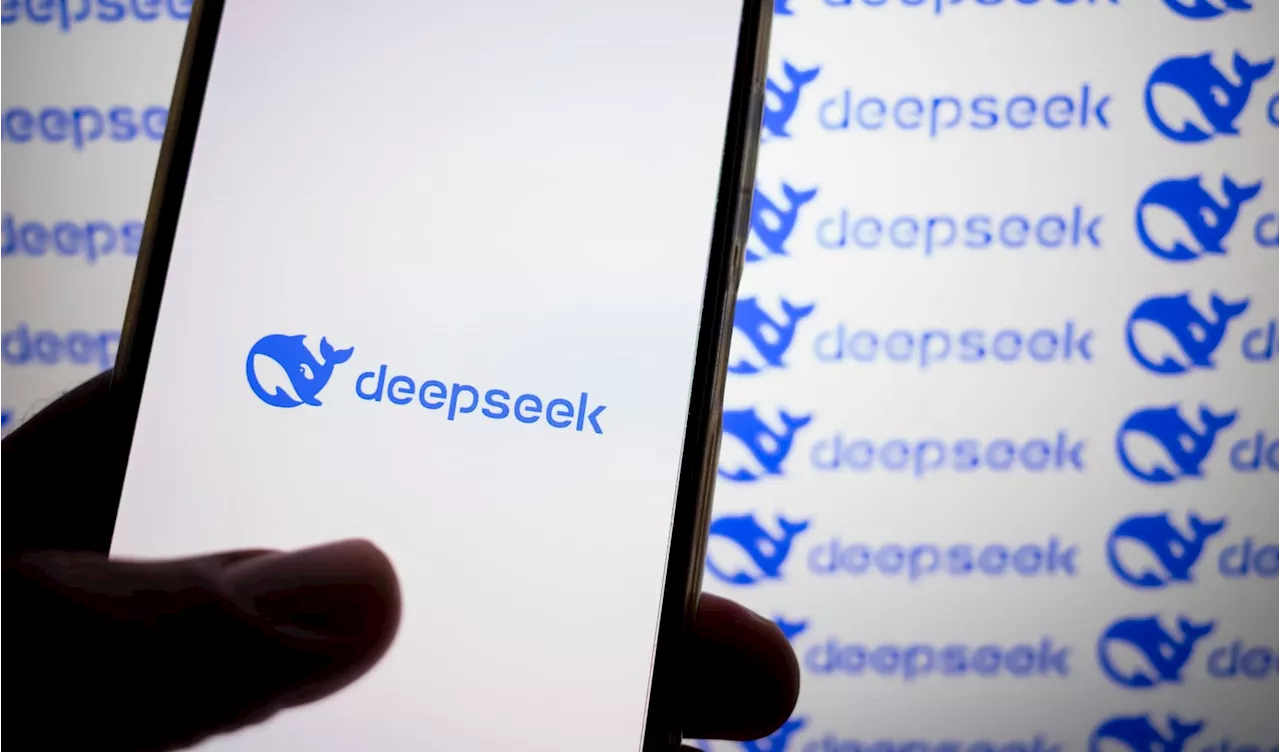 DeepSeek's Open-Source AI Model R1 Stuns the Industry and Challenges OpenAI's DominanceChinese AI startup DeepSeek has made waves with its open-source reasoning model, R1, which rivals OpenAI's capabilities and has garnered significant user adoption. The emergence of DeepSeek has sparked debate about the future of the AI industry, particularly regarding funding models, open-source accessibility, and the intensifying competition between the U.S. and China.
DeepSeek's Open-Source AI Model R1 Stuns the Industry and Challenges OpenAI's DominanceChinese AI startup DeepSeek has made waves with its open-source reasoning model, R1, which rivals OpenAI's capabilities and has garnered significant user adoption. The emergence of DeepSeek has sparked debate about the future of the AI industry, particularly regarding funding models, open-source accessibility, and the intensifying competition between the U.S. and China.
Read more »
 DeepSeek's Rise Sparks Concerns as Chinese AI Challenges US DominanceDeepSeek, a year-old Chinese AI company, has taken the top spot in Apple's App Store, pushing OpenAI's ChatGPT to second place. This success raises concerns about China's growing influence in AI and its potential impact on US national security.
DeepSeek's Rise Sparks Concerns as Chinese AI Challenges US DominanceDeepSeek, a year-old Chinese AI company, has taken the top spot in Apple's App Store, pushing OpenAI's ChatGPT to second place. This success raises concerns about China's growing influence in AI and its potential impact on US national security.
Read more »
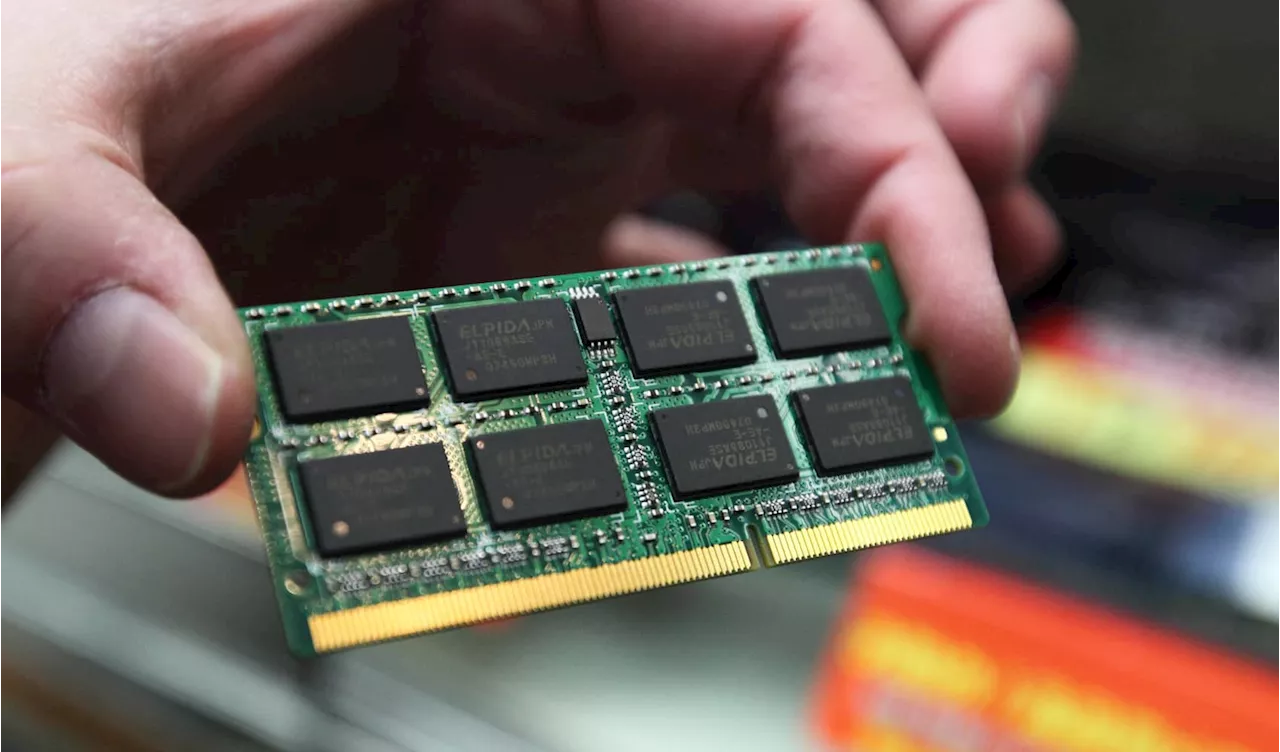 Chinese AI Startup DeepSeek Challenges US Dominance in AIDeepSeek, a Chinese AI startup, released a free, open-source large language model in December, claiming it was developed in just two months with a budget under $6 million. This development has raised concerns about the US's leadership in the AI field, leading to declines in shares of US chip-related companies and data center firms. DeepSeek's focus on reasoning abilities and its open-source model pose a challenge to the 'Magnificent 7' dominance, prompting discussions about the US's approach to chip and AI regulations.
Chinese AI Startup DeepSeek Challenges US Dominance in AIDeepSeek, a Chinese AI startup, released a free, open-source large language model in December, claiming it was developed in just two months with a budget under $6 million. This development has raised concerns about the US's leadership in the AI field, leading to declines in shares of US chip-related companies and data center firms. DeepSeek's focus on reasoning abilities and its open-source model pose a challenge to the 'Magnificent 7' dominance, prompting discussions about the US's approach to chip and AI regulations.
Read more »
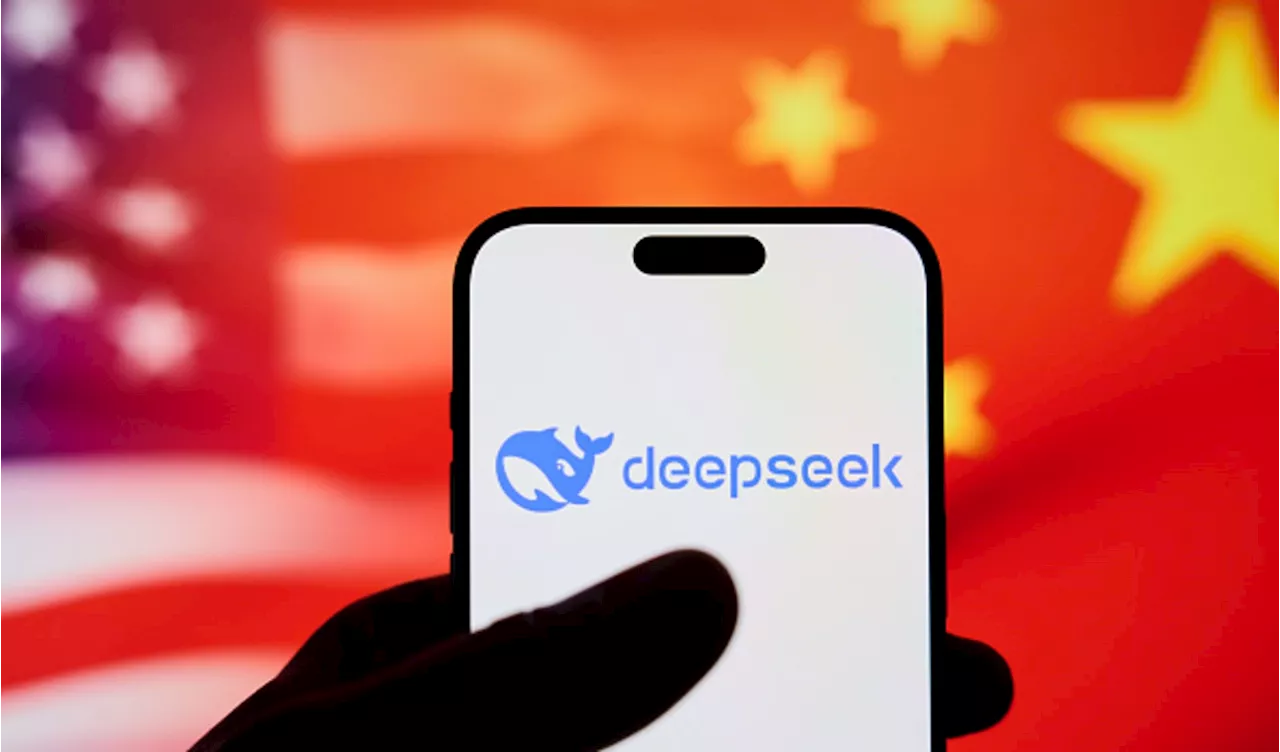 DeepSeek's Open-Source AI Challenges US Tech DominanceA Chinese AI startup, DeepSeek, has developed a powerful open-source AI model, raising questions about the effectiveness of US efforts to restrict China's access to high-end technology. The company's rapid rise and reliance on open-source code present a unique challenge for US regulators.
DeepSeek's Open-Source AI Challenges US Tech DominanceA Chinese AI startup, DeepSeek, has developed a powerful open-source AI model, raising questions about the effectiveness of US efforts to restrict China's access to high-end technology. The company's rapid rise and reliance on open-source code present a unique challenge for US regulators.
Read more »
